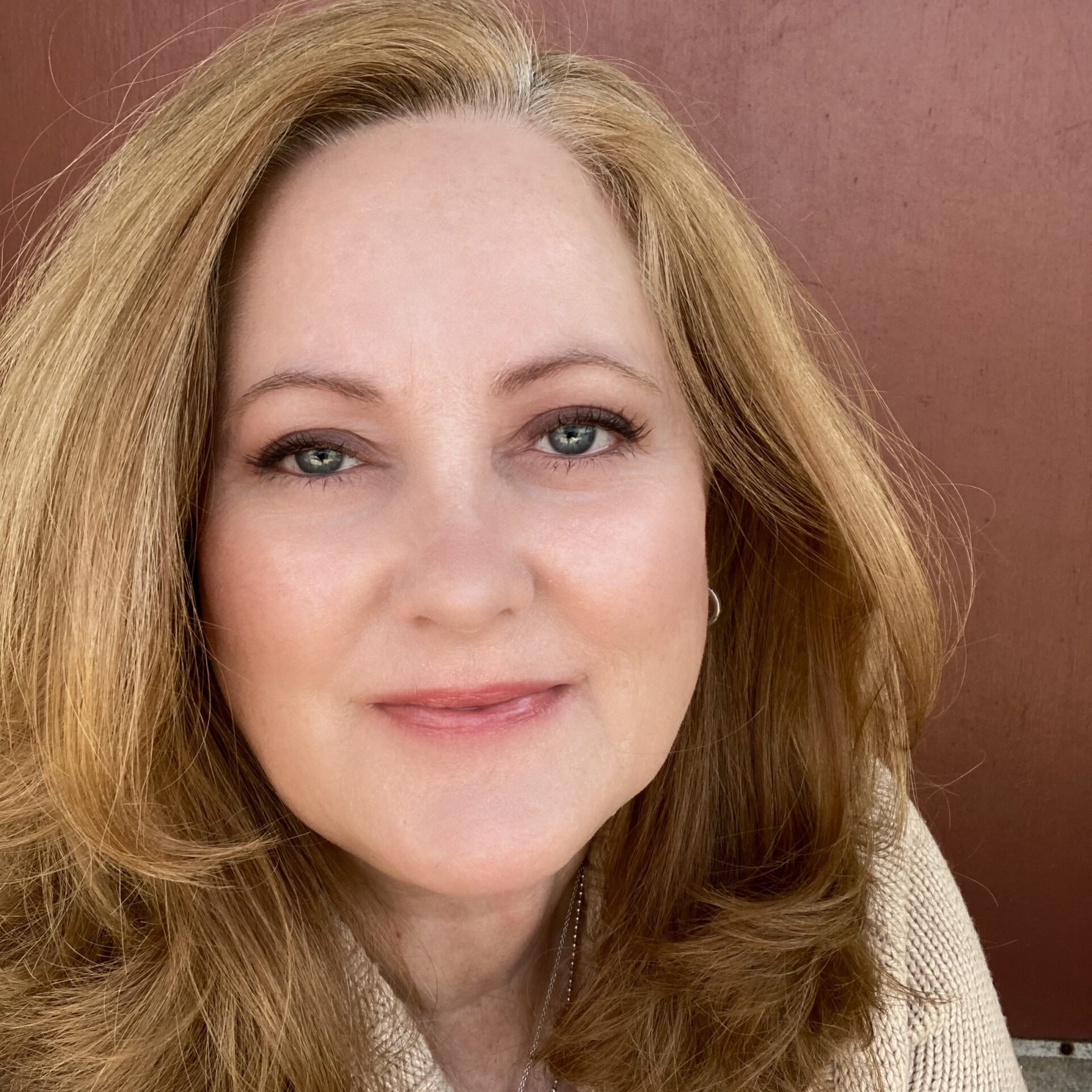In the latter half of the Great Depression (1929–1939), Dale Carnegie, who developed sales and self-improvement courses, noticed a cautious optimism, a desire to move forward, and “the craving for connection” among professionals. Carnegie’s response to this changing environment was to write How to Win Friends and Influence People, first published in 1936 “to help equip (people) for business and social life.”
Post-pandemic in the 21st century, as we ease out of sheltering-in-place, remote work, and ubiquitous virtual meetings and events, we’re sensing similar desires. A revised edition of Carnegie’s classic book was released in 2022, because, as expressed in the preface, “We need to learn human relations skills more than ever.”
In other words, we need to brush up our networking skills.
“To me, networking is not just going to events, shaking hands, getting business cards,” says Aaron Gothelf, Vice President, Commercial Division, American Arbitration Association, and co-chair of the Barristers’ Social Events and Networking Committee. Networking is community building, and it takes time and effort to nurture relationships that, hopefully, benefit all parties. “Networking has shifted, not ended,” says San Francisco’s Director of the Department of Police Accountability Paul Henderson, who is also an on-air contributor for MSNBC and a highly successful networker. “And it’s a vital part of the profession,” says David Coy, BASF’s Communications Manager.
Whether you’re launching your career or have gotten rusty after three years of COVID-imposed isolation, here are tips from some experts on how to succeed in the art of networking.
Know your objectives.
“Just out of law school, your endgame is jobs,” says Gothelf. “Starting your own firm, it’s clients.” When Lindsey Mignano, an attorney and cofounder of SSM, was initially growing her now thriving business many years ago, a mentor advised her to meet 15 new people every week. Once an attorney is established in their career, their objectives may be broader. “My goal,” says Demetria Vong-Spillan, Associate General Counsel & Director at Bank of America and a current BASF board member, “is to have friends and resources so I can reach out, to make more and develop deeper connections.”
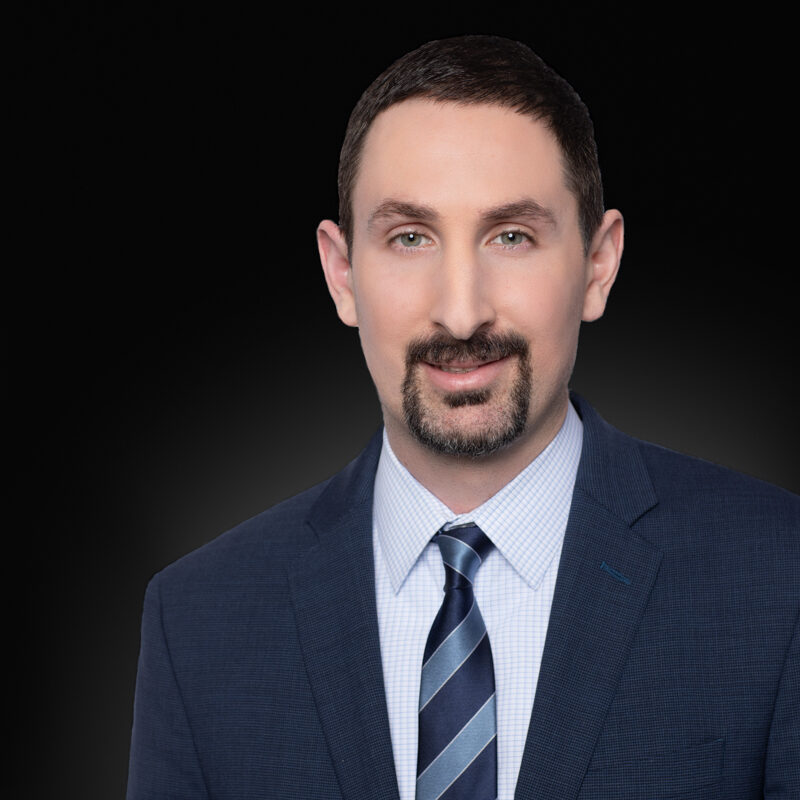
You have to know what you’re networking for." - Aaron Gothelf
Warm up and stretch your networking muscles.
Our networking muscles have atrophied over the past few years, so it’s time to get back in shape. How? Practice. “A Simple Way to Make a Good First Impression,” says Carnegie in his book, is to smile. Practice smiling in the mirror, smile when you talk on the phone.
Gothelf suggests taking a public speaking class, like Toastmasters International. Getting comfortable with public speaking, he says, “will take the nerves out of networking.”
You might also warm up by attending events focused on your interests and hobbies, meeting new people in familiar environments and over topics with which you’re already comfortable. Check out local gatherings on MeetUp and Eventbrite. “Go back to your alumni associations, undergrad and law school. You share common threads,” says Henderson.
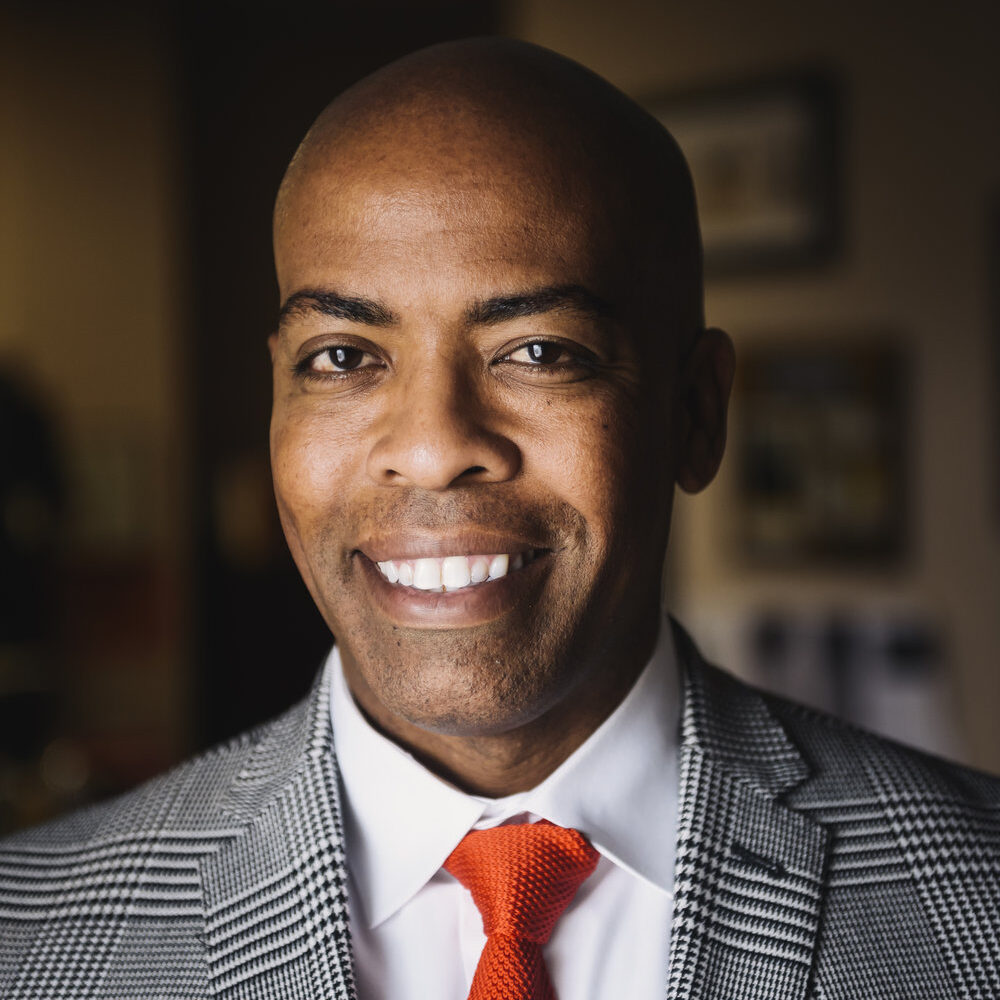
Join organizations, sit on commissions—local, federal, state—learn from other sections. Learn who the movers and shakers are. Put yourself in an environment to meet and get to know people." - Paul Henderson
Think outside the “mixer” box.
Opportunities for networking lie beyond the standard “cocktail mixer” or any event with “networking” in the title. Look for ways to volunteer your time and talents, learn new skills, and simultaneously meet new people. Vong-Spillan, a corporate attorney, accepted an invitation to help out with a mock trial competition. Pushed outside her comfort zone (“I hadn’t set foot in a courtroom in over 20 years,” she wrote in her Summer 2019 article “Jumping In”), she gained skills, gave to a good cause, met with high school students (potential future colleagues), and served alongside attorneys and judges who had courtroom experience (mentors, resources).
You might volunteer for a one-time event, or look for opportunities relevant to your interests or career trajectory through which you can build long-term relationships. “Join organizations, sit on commissions—local, federal, state—learn from other sections,” says Henderson, a former member of BASF’s Criminal Justice Taskforce. “Learn who the movers and shakers are. Put yourself in an environment to meet and get to know people.” And get involved, so they get to know you too. “Find room to lead or actively contribute,” says Mignano, who is a past-president of Barristers.
Other opportunities come through CLEs, panel discussions, and conference presentations, which do not end with the official closing remarks. Stick around to engage with the speakers. Ask follow-up questions based on what you’ve just learned (you’ll have some good prompts for opening a chat in your notes), or ask if you can connect with them later to learn more.

One of the cardinal sins of networking is only looking up [to] people we think can help us get to the next rung. Look laterally, diagonally, upside down, inside out, look in every direction, you never know the power of someone’s Rolodex.”
- Darrah Brustein
Be genuinely curious.
For ideas on “How to kickstart a conversation” and other savvy networking tips, check out the series of videos featuring Network Under 40’s Founder Darrah Brustein. “Take a deep breath,” she advises, and “Be genuinely curious.”
“At an event,” says Gothelf, “spend a minute or two listening to a conversation” and look for an opening. It’s certainly acceptable to ease in with a softball question (“What did you think of the speaker?” “How long have you been a member of this committee?”), yet you’ll have a better chance of making a solid connection if you have specific topics in mind.
“Networking doesn’t happen by accident,” says Henderson. “Being prepared changes the outcome.” For example, if you’re attending an event featuring a speaker or panelist you’d like to meet, use social media, such as LinkedIn, to familiarize yourself with their background and perhaps discover colleagues or interests you have in common. “It costs you nothing,” says Henderson, and “I know you spoke about [topic] at the [specific] conference” and then asking a related question is a much stronger opener than “So, what do you think about all this rain?”
Henderson encourages being specific when you follow up, whether you met the individual in person or virtually. “Send a compliment via Twitter,” he says. “Not ‘Good job!,’ but ‘I saw on minute 12 when you talked about [issue], and it resonated with me.’ There’s an automatic psychological connection.”
“People like to be flattered,” says Gothelf, but you’ve also got to do your due diligence. If you state “I read in the paper last week about your jury decision” and ask a follow-up question, you’ve got to know that case inside and out, he says. Because, if they turn it around and ask your thoughts on the subject, you’d better be able to respond appropriately.
Once you’re engaged with someone, give them your attention, and be a good listener. That advice from Carnegie’s day remains relevant today.
Expand your social and professional circles.
One of the “cardinal sins of networking,” says Brustein in Network Under 40’s video with that title, is “only looking up [to] people we think can help us get to the next rung.” Instead, she says, “look laterally, diagonally, upside down, inside out, look in every direction,” for “you never know the power of someone’s Rolodex.”
And look beyond the legal profession. “Consider industry events,” says Mignano, “not only with lawyers, but also service providers.” (On April 26th, the “Meet Your Environmental Regulators Reception,” hosted by BASF’s Environmental Law Section, will include representatives of important environmental regulatory agencies and in-house counsel among the guests.) Mignano also mentions her involvement with the Junior League (“lots of professional movers and shakers”) and her Stanford alumni association (“great resource for tech”). Attending events in support of nonprofit organizations is another way to broaden your reach.
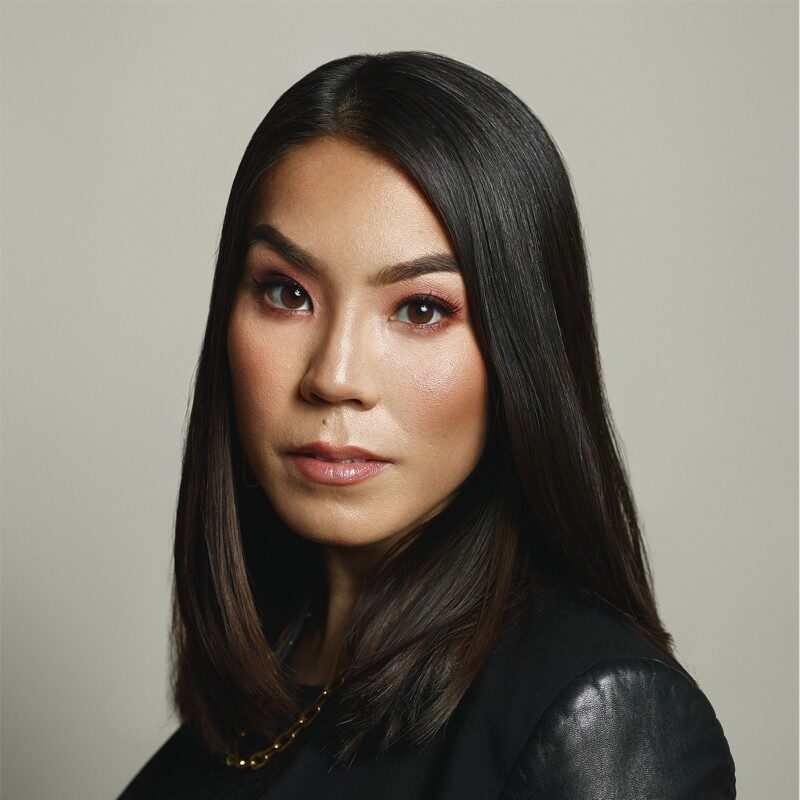
Younger attorneys, myself included when I was first starting out, often do not understand that networking has to pay off in dollars eventually. There is a cost in time and money to network, and if it is not resulting in referrals that translate into dollars, then attorneys need to count their losses and try something new.” - Lindsey Mignano
Know when to pivot.
Once you’ve joined a conversation and the topic interests you, enjoy the exchange. However, says Gothelf, “if you have nothing to contribute, move on.” (See Network Under 40’s video on “How to gracefully exit a conversation.”)
You must also know when to pivot with your overall strategy. “Younger attorneys, myself included when I was first starting out, often do not understand that networking has to pay off in dollars eventually,” says Mignano. “There is a cost in time and money to network, and if it is not resulting in referrals that translate into dollars, then attorneys need to count their losses and try something new.”
Follow up.
Timely follow-up is critical, and recalling something specific from your initial interaction creates a genuine opening. Vong-Spillan has a method for remembering people after she’s gathered a stack of 30-plus cards at a big event. “I immediately flip them over and write notes to remember them—their kids, college, hobby. My goal is to find one or two with whom I feel a deep connection.” The next day she’ll send an email: “I loved talking with you about horseback riding [one of Vong-Spillan’s passions].” Or, a bit later, “How are you doing with your daughter’s college applications?” followed by an invitation to meet for coffee.
Henderson recommends follow-up requests be specific. “My staff gets these emails, when someone writes ‘I want to pick your brain.’ Hate it!” he says. “Who wants to have their brain picked?” Instead, he says, “Be prepared. Most people are not.” Do your research, have an understanding of the person you’re contacting, their background and experience, and “articulate something I can help with,” he says.
Google yourself.
People are going to be looking into you too, so it’s important to have and maintain a positive personal brand, says Gothelf. “Google yourself,” he says. Look for “1. Bad stuff about you, 2. Good stuff, or 3. Nothing (which is just as bad as #1).” Then take steps to update and polish that information.
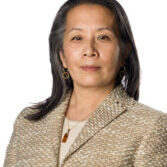
I don’t play golf, don’t drink; I was trying to fit myself into a mold. Maybe the connection is food. It’s all about finding what you like." - Demetria Vong-Spillan
Be yourself—and have fun!
Vong-Spillan says it took her “only 18 years” to realize networking can be fun. “I don’t play golf, don’t drink; I was trying to fit myself into a mold,” she says. She now frequently connects over a shared passion for pro bono or political work. “Maybe the connection is food,” she says. “It’s all about finding what you like.”
“You have to enjoy it,” says Mignano. “Don’t just go through the motions. It’s not checking boxes.” Instead, focus on “developing strong, genuine friendships with the attorneys you meet who (a) refer you business and (b) are fun to hang out with. There’s no point in networking with people you do not like to hang out with. Life’s too short.”
Check BASF’s online calendar for information about networking opportunities, including in-person and online CLEs and upcoming BASF and JDC events (mixers, roundtable discussions, committee meetings, and JDC’s Annual Gala).

